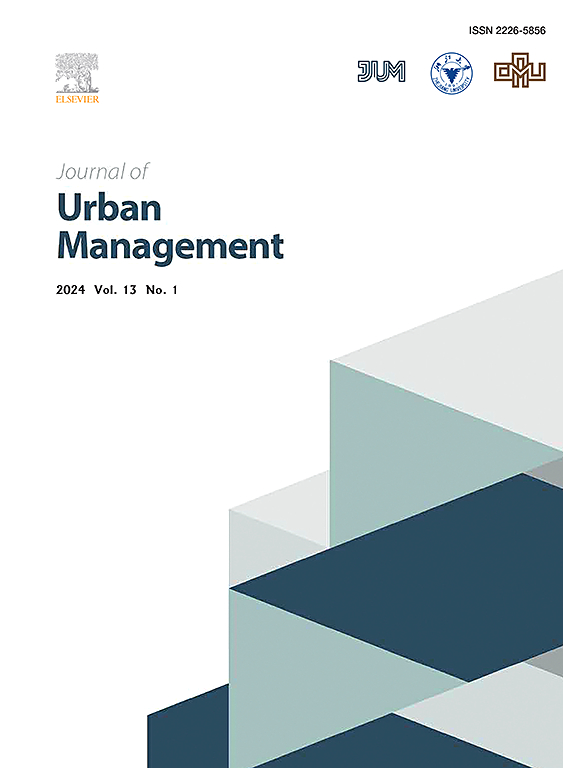The status quo of architecture and its impact on urban management: Christopher Alexander's insights
IF 5
2区 社会学
Q1 URBAN STUDIES
引用次数: 0
Abstract
Christopher Alexander argued that modernist approach to architecture prioritizes innovation, abstraction, and mechanistic efficiency at the expense of human-centered and organic values. According to Christopher Alexander, this shift has led to a proliferation of buildings that are visually striking, but often feel cold, impersonal, and disconnected from the deeper needs of the people who inhabit and/or see them. Alexander called for a return to timeless architectural principles such as harmony, balance, and a deep connection to the natural and cultural context. He introduced the concept of living structure, which emphasizes creating spaces that resonate with the intrinsic order found in nature and human life, fostering environments that are not only functional and beautiful but also profoundly life-affirming. Alexander challenged the dominance of “iconic” but alienating designs, calling for a holistic, human-centered approach to architecture that prioritizes the well-being of individuals and communities, creating spaces that nurture a sense of place, belonging, and harmony with the world around them.
建筑的现状及其对城市管理的影响:克里斯托弗-亚历山大的见解
克里斯托弗-亚历山大认为,现代主义建筑方法将创新、抽象和机械化效率放在首位,牺牲了以人为本和有机的价值。克里斯托弗-亚历山大认为,这种转变导致了建筑的泛滥,它们在视觉上引人注目,但往往给人冰冷、不近人情的感觉,与居住和/或看到它们的人的深层需求脱节。亚历山大呼吁回归永恒的建筑原则,如和谐、平衡以及与自然和文化背景的深层联系。他提出了 "生活结构"(living structure)的概念,强调创造与自然和人类生活中的内在秩序产生共鸣的空间,营造不仅实用、美观,而且对生命有深远影响的环境。亚历山大挑战了 "标志性 "设计的主导地位,呼吁以人为本的整体建筑方法,将个人和社区的福祉放在首位,创造能够培养地方感、归属感以及与周围世界和谐相处的空间。
本文章由计算机程序翻译,如有差异,请以英文原文为准。
求助全文
约1分钟内获得全文
求助全文
来源期刊

Journal of Urban Management
URBAN STUDIES-
CiteScore
9.50
自引率
4.90%
发文量
45
审稿时长
65 days
期刊介绍:
Journal of Urban Management (JUM) is the Official Journal of Zhejiang University and the Chinese Association of Urban Management, an international, peer-reviewed open access journal covering planning, administering, regulating, and governing urban complexity.
JUM has its two-fold aims set to integrate the studies across fields in urban planning and management, as well as to provide a more holistic perspective on problem solving.
1) Explore innovative management skills for taming thorny problems that arise with global urbanization
2) Provide a platform to deal with urban affairs whose solutions must be looked at from an interdisciplinary perspective.
 求助内容:
求助内容: 应助结果提醒方式:
应助结果提醒方式:


